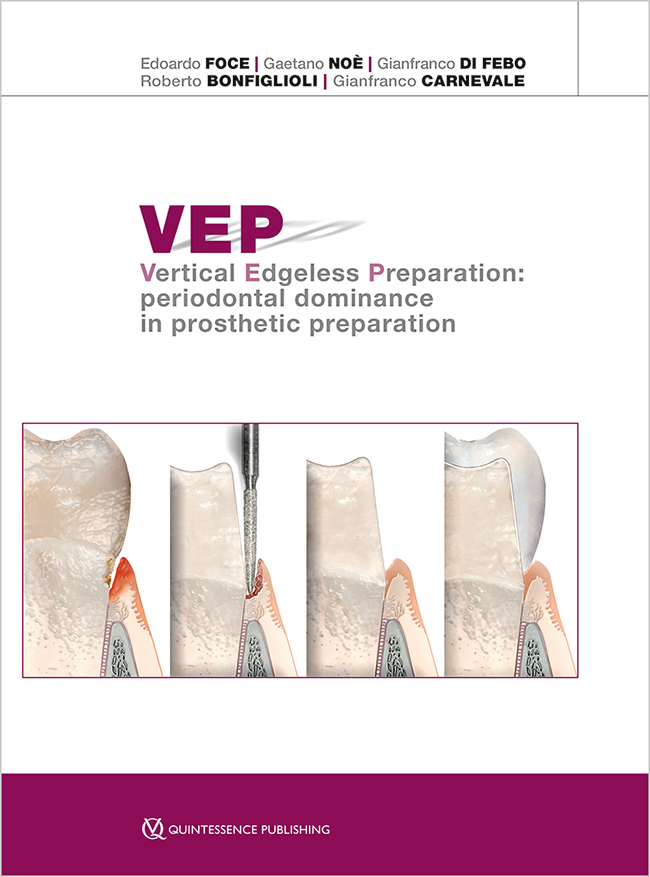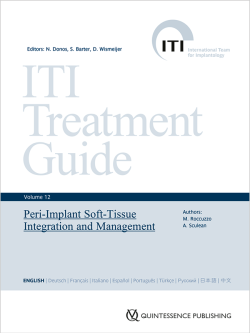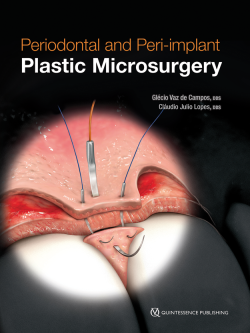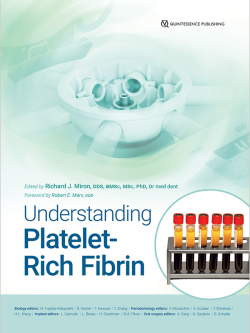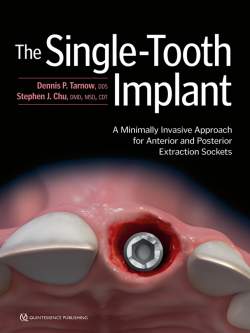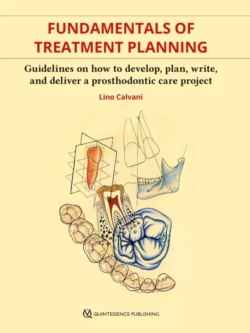VEP Vertical Edgeless Preparation
Periodontal dominance in prosthetic preparationAn aparitie: 1st Edition 2024
Limba: English
Editie: Softcover
Nr. pagini: 80
Nr. imagini: 322
Rasfoieste: Download PDF
250 lei
ISBN: 978-88-7492-213-0VEP, our acronym for Vertical Edgeless Preparation, is a full-crown prosthetic preparation method indicated for teeth that have lost attachment tissue – even where probing depths are minimal (≤ 3 mm) – and consequently have incomplete periodontal support. This technique involves extending the preparation subgingivally to ideally treat the entire exposed root surface as far as the epithelial attachment.
As the name suggests VEP does not produce a post-preparation edge. Instead of a marked finish line and associated transition angle, the technique creates a vertical tooth wall extending from the bottom of the sulcus on which the prosthetic crown margin may be positioned at a flexible height while still ensuring a reliable seal.
The periodontal dominance of VEP is due to the marginal periodontal tissue response to the subgingival preparation work: the healed tissues go on to submerge the inevitable transition angle remaining at the apical end of the prepared surface. This leaves a prosthetically exploitable axial wall area with no angles or margins, therefore edgeless.
This publication presents and describes the methodology along with a review of the underlying concepts including the Cartesian coordinate system and significant orders of magnitude. A new simplified classification is proposed dividing the various prosthetic preparation techniques into two straightforward groups.
Attention is also paid to the anatomical, histological and physiological aspects regarding the marginal periodontium which account for the periodontal dominance of this procedure. A detailed innovative analysis follows of the rationale behind extending prosthetic preparation apical to the gingival margin based on periodontal assessment of the tooth requiring treatment.
VEP is then described in practical terms including the various clinical and laboratory stages, instruments and operative sequence while comparing classical applications with more recent approaches in the light of ongoing technological developments.
Contents
Chapter 1. Geometry, Terminology, and Classification of Prosthodontics Preparation techniques
Chapter 2. Periodontal Dominance in VEP
Chapter 3. Tooth preparation: clinical and laboratory aspects
Chapter 4. Indications and advantages of VEP

